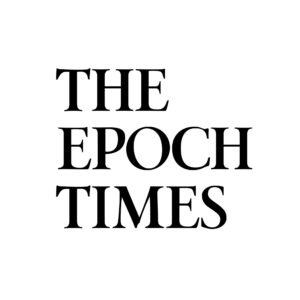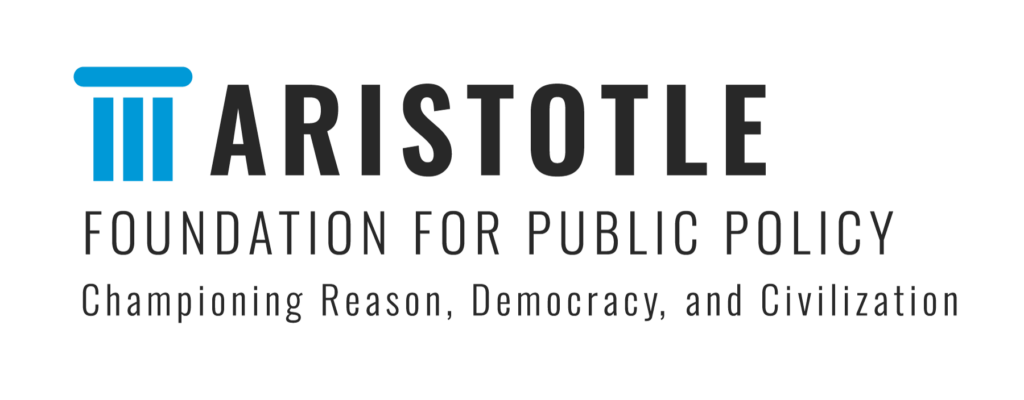

Chuong Nguyen and David Hunt, The Epoch Times, June 28, 2024
This Canada Day, we should celebrate our country proudly and not let excessive focus on past grievances be used as an excuse to overshadow our accomplishments. Of which, Canada has many.
Achievements, that is.
Canada’s greatness, however, is found mostly in its quiet strengths. And, thus, what makes Canada Canada can easily be overlooked—and even forgotten.
To illustrate this, consider the “boat people” from Vietnam.
On April 30, 1975, the Vietnam War came to an end with the fall of Saigon, and over the next twenty years, around 800,000 refugees would flee the Communist Vietnam regime. They fled by boat. Crammed into barely seaworthy vessels, many died of drowning, dehydration, and starvation, as they took to sea. But it was worth the risk, to escape such oppression.
One story particularly captured the Canadian imagination. In 1978, the vessel Hai Hong arrived in Malaysia with 2,500 refugees. When Malaysia refused to admit the onboard passengers, their plight became the subject of widespread international attention. Canada was the first to “select, process, and remove” people from the Hai Hong, admitting over 600 of its passengers to its shores (the rest were taken primarily by the United States, Germany, and France).
Before the Hai Hong incident, Canada took little action in regards to Vietnamese refugees. But following this incident, the outpour of sympathy and support from the Canadian public was overwhelming.
Over the next twenty-five years or so, Canada welcomed close to 200,000 of these refugees: the largest number per capita in the world.
And what became of them? Many started their own businesses, and as entrepreneurs, overcontributed to Canada’s economy. Some, like former senator Thanh Hai Ngo, contributed to our civic life. Still others contributed to our culture— as television personalities (Paris by Night’s Nguyen Ngoc Ngan), musicians (pianist Dang Thai Son), and actors (Kim’s Convenience’s Andrew Phung)—not to mention our civil society.
In Canada, they found freedom. Free expression and a free market. The right to private property and individual liberty. The rule of the law and government by consent of the governed. With such precious gifts, they flourished.
We tend to take all of these strengths for granted. Like the roots of a large oak, they are hidden underneath the surface, so they go unnoticed. But, in fact, they are the foundation and very lifeblood of the mighty tree and its beauty.
Yet, it is the roots that we are axing off. The principles and institutions that gave opportunity for such flourishing are under attack today: suppression of free speech and open inquiry on campus, race-based criteria for government grants, and the enforcement of tolerance training, to name a few. Ironically—and tragically—what made Canada one of the most desirable places to start a new life are being replaced with the utopianism that these refugees fled.
But the Marxism of today is primarily cultural not economic, as scholar Bruce Pardy highlights in The 1867 Project. And its weeds in Canadian society are making us—especially young Canadians—culturally rootless.
And this points to the path forward.
What Marxism seeks to destroy—private property, the family, individuality, nations, eternal truths, and the past—are the very things we need to restore in Canada, and what the boat people brought over in spades. (Having survived the severe consequences of social engineering, their insights on what is dear are particularly instructive.) Of the many things all Canadians can learn from our compatriots of Vietnamese descent, let’s close with just one—from a personal story.
A few years back, I (Chuong) was flying to Vietnam from Toronto, with a short stopover in Vancouver. But Toronto was hit with a snowstorm, and I missed my connecting flight. I have distant relatives in Lotusland—former boat people, I may add. And while we are not particularly close, hospitality runs deep in Vietnamese culture. They dropped everything to host me, without notice.
My story highlights not only the natural hospitality typical of a Vietnamese Canadian, but the primacy of family and voluntary community in traditional Vietnamese life. The most important holiday in the Vietnamese year is Tet, where we celebrate the Lunar New Year by gathering as families for special foods and festivals. Even in Canada, the Vietnamese diaspora see their fellow Vietnamese as extended family members.
And do not all Canadian also share a common bond as Canadians? Rather than cancel what brings us together as Canadians, let’s remember, celebrate, and cherish our roots—the source of our flourishing.
Chuong Nguyen is a research associate with the Aristotle Foundation for Public Policy and host of the Unlicensed Philosophy podcast.
David Hunt is the research director at the Aristotle Foundation for Public Policy.
Like our work? Think more Canadians should see the facts? Please consider making a donation to the Aristotle Foundation.

The logo and text are signs that each alone and in combination are being used as unregistered trademarks owned by the Aristotle Foundation. All rights reserved.
The Aristotle Foundation for Public Policy is a registered Canadian charity. Our charitable number is: 78832 1107 RR0001.
SUBSCRIBE TO OUR NEWSLETTER